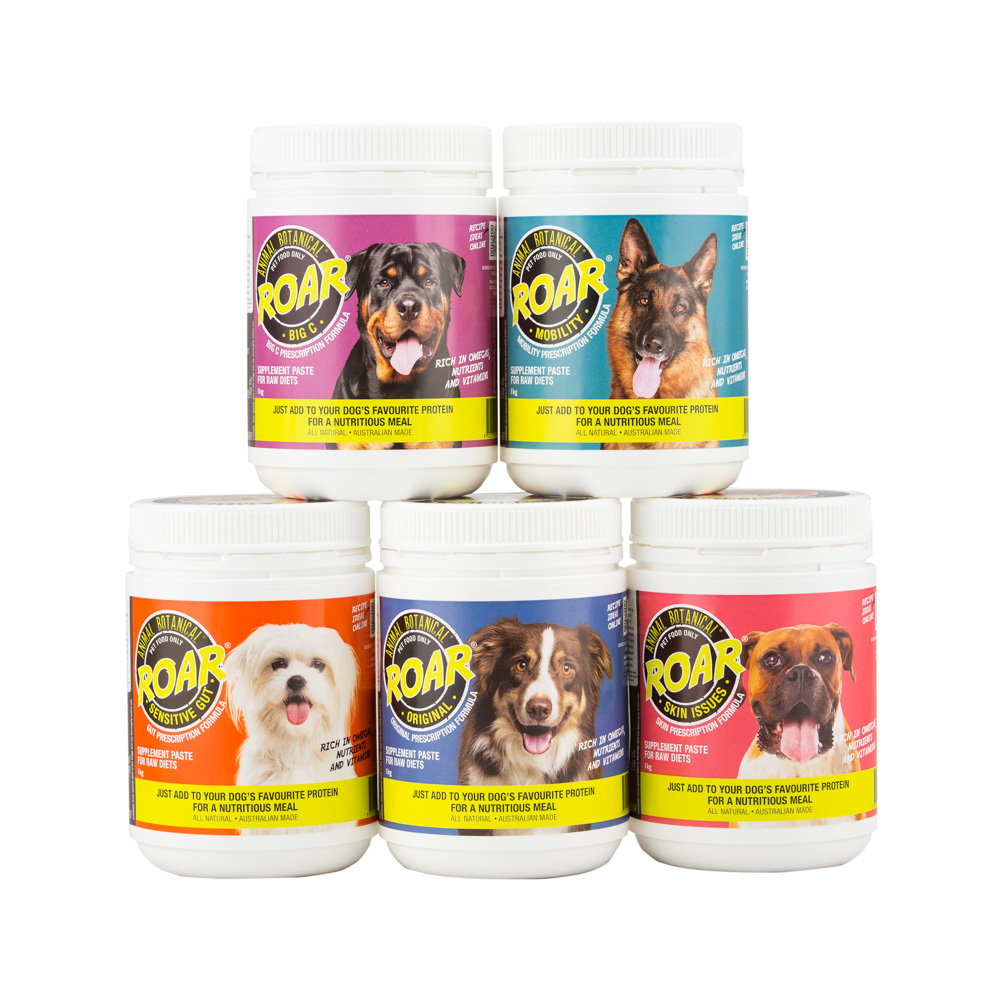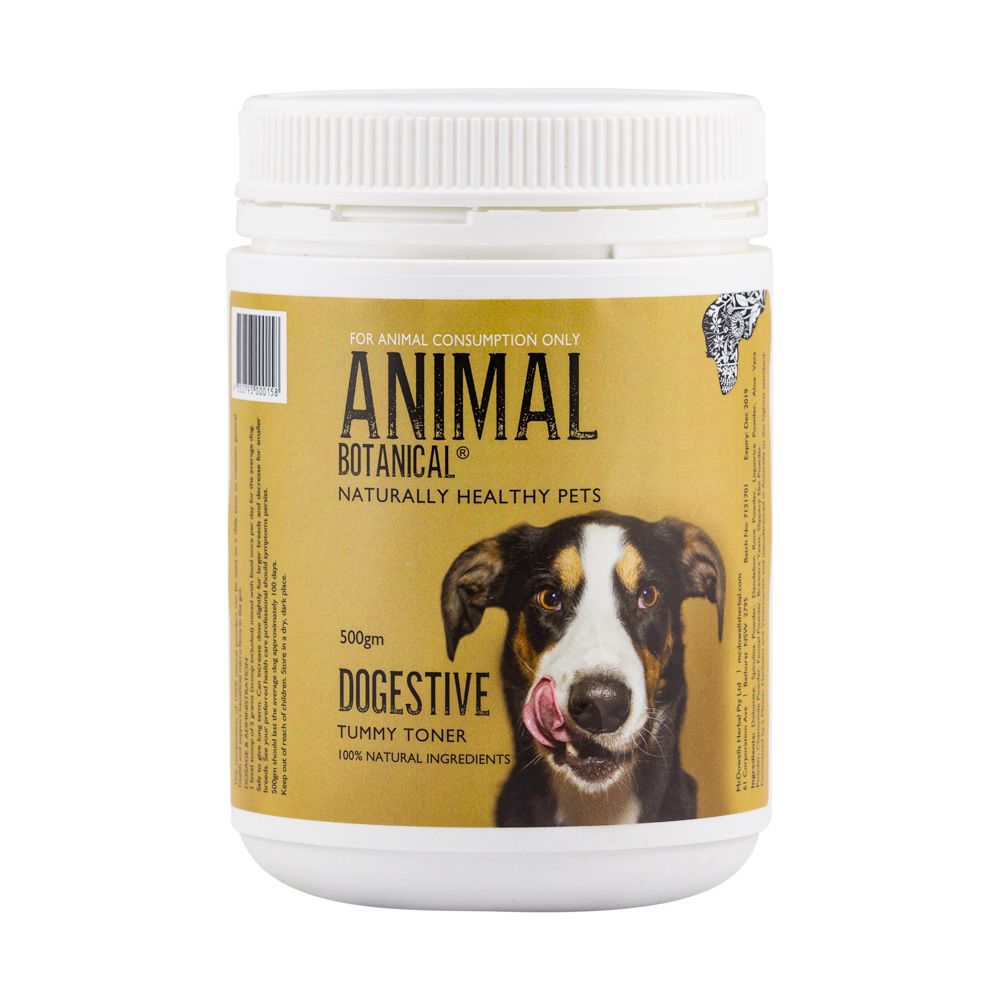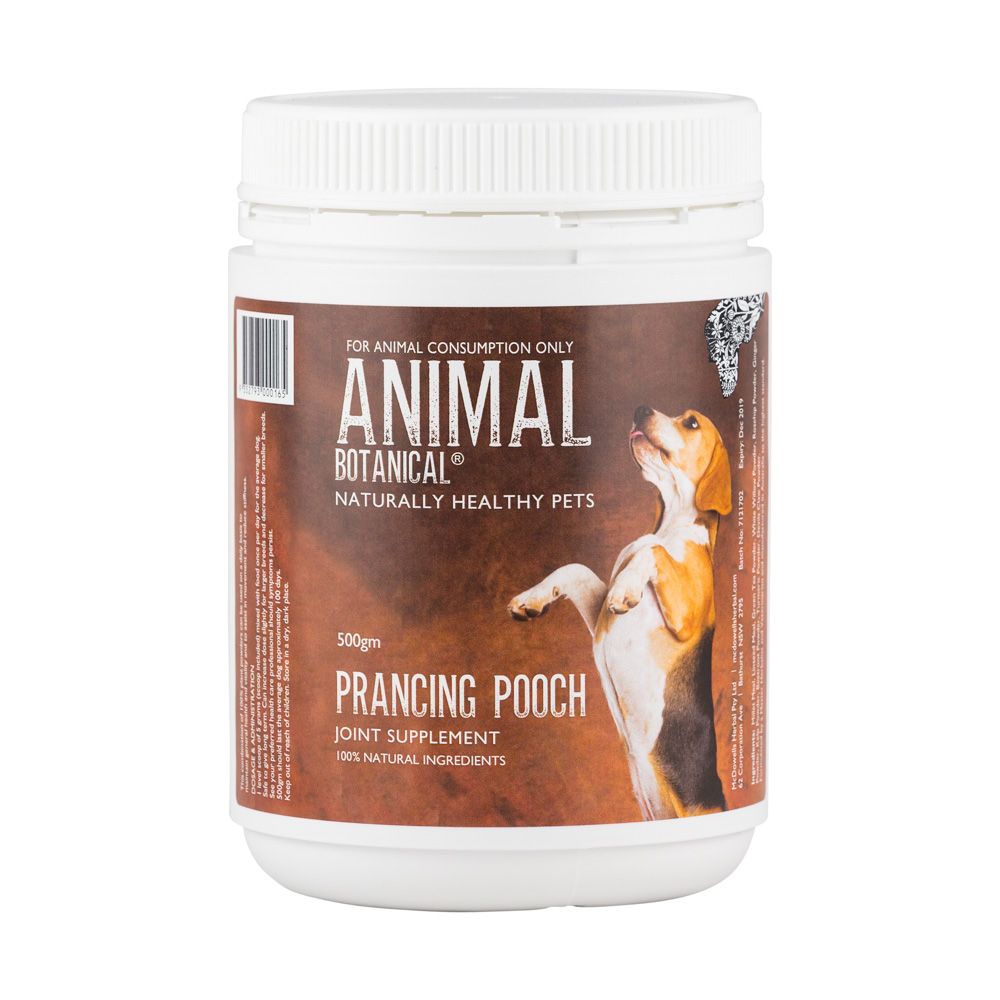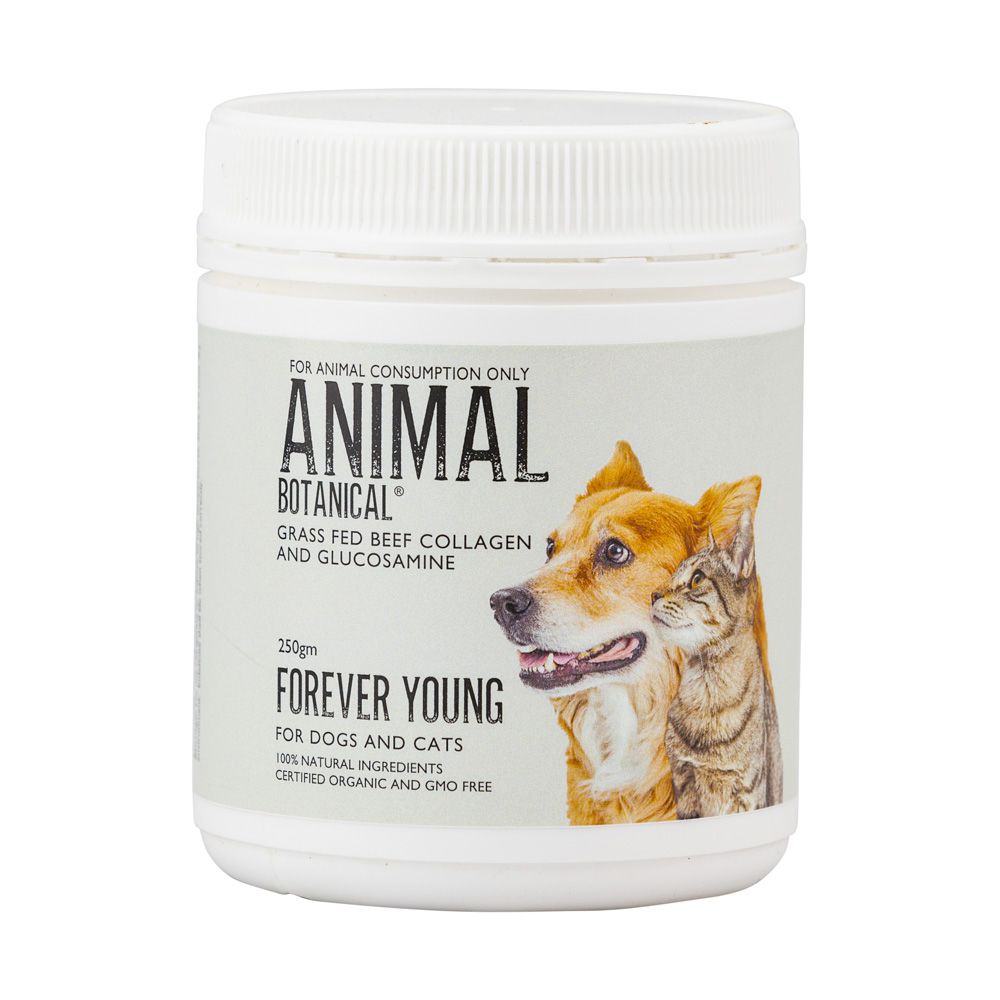Both cats and dogs have evolved over thousands of year to consume raw meat. Their bodies are adapted to process raw, living foods with lots of a variety. Dogs have adapted to thrive on meat and non-meat scraps along with roughage.
Commercial pet food only became available around a hundred years ago. Canned horse meat was introduced just after the first World War. Canned and dry dog food is certainly more convenient and often cheaper but as with most 'fast food', it isn't always better. Feeding a healthful, natural and varied diet to your dog can be easier than you thought! Here's some simple tips on getting started;
DO'S
- Feed a variety of raw meats. Feeding raw chunks of muscle of one type of animal isn't going to cover the basic nutritional needs. Wild dogs eat nearly all of their prey - bones, skin, glands and offal. Try feeding chicken carcass, beef bones, lamb tissue and organs, fish off-cuts and some wild meats. Just like us, our animals want and need some diversity.
- Try to find grass fed meat. It's better for us and our pets!
- Par boil vegetables and blend them and use this as base to add raw meat, herbs and other healthful ingredients . Don’t waste anything! Use what you have in the refrigerator. You can use brassicas, carrots, peas, beans, yams, kale, red cabbage, white cabbage, cauliflower, potatoes, melons, apples, pears to name a few.
- Use left over ingredients from your own diet except desserts and too much cheese and fatty meat.
- Use home made or pot set yoghurt
- Use raw eggs
- Use ground millet and linseed, kelp, slippery elm and other herbs to help with nutritional diversity and gut health
- Use raw bones
- Raw Cider Vinegar for an enzyme boost
- Green tripe from your butcher is OK so long as it is from a grass fed and parasite free animal
- Use Bone Broth
- Fresh water either filtered or spring if available
- Fast your dog every now and then for 24 hours
- Walk you and your dog daily!! Let your dog ZOOM in free play areas as often as you can.
DONT'S
- To eliminate the risk of parasites, do not feed the stomach and small and large intestines of wild animals. This is mainly relevant if feeding wild caught meat like boar or kangaroo and road kill.
- Don't feed large amounts of cheap, fatty mince and cuts as it overloads their system. This can create a tryptophan (amino acid)-deficient diet.
- Don't forget the roughage! Around 20-25% of the diet could be vegetable and fruit based roughage.
- Don’t feed chocolates, treats, processed foods, grapes, avocado, too much fat, ham bones, bread, chips, biscuits and lollies. You get the idea- NO JUNK FOOD!
PART TWO






